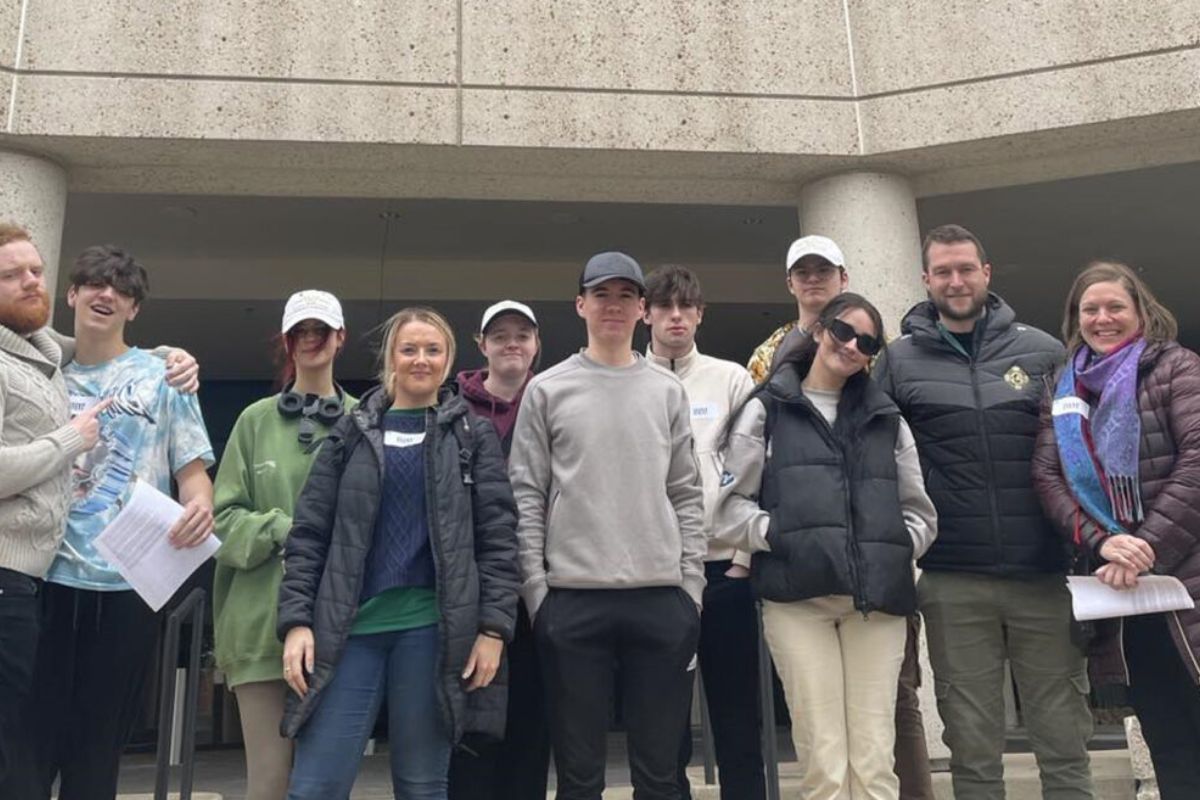SERC Secure Turing Scheme funding for student work and study placements

South Eastern Regional College (SERC) has secured £236,453 of funding through the Turing Scheme to support student study and work placements in 2023/2024.
Students from the College’s Animal Management, Business, Computing, Construction, Culinary Arts, Performing Arts, Travel & Tourism, Sport, Music, Science and Hairdressing programmes will be heading off for fully funded work placements, for two or three-weeks, in the Netherlands, Spain, Italy, Malta and further afield in South Africa, Japan and the USA.
Elaine McKeown, Senior International Development Manager said:
“Our experience is that a study or work placement abroad is often a life-changing opportunity for students, giving them a unique chance to gain vital international experience, to improve their technical skills and to boost their employability. We are delighted to have secured the Turing Scheme Funding which will support 84 students and 13 staff from across the College to undertake study or work placements in Spring 2024.”
“This is the first year SERC students will have the opportunity to travel to South Africa, where sports students will participate in community sports projects involved in training and coaching students from disadvantaged backgrounds, and both culinary arts and tourism students will gain a unique insight into the tourism and hospitality industry in the famous Stellenbosch region.
“This year will also see Performing Arts students travel to Amsterdam to experience working in theatre companies with their Dutch peers; Hairdressing students will travel to Malaga, Spain to study at college and will have the opportunity to put their skills into practice in local salons; and both Computing and Business Studies students will travel to Toyama High School in Japan for work experience and study in their respective areas.”
She added, “Students improve their language skills and transversal skills, or T-Skills, such as communication, collaboration and teamwork, and problem-solving skills, and the whole experience means they gain a better understanding of other global cultures and work practices. For some students, a placement or study trip can be the first time they have travelled abroad, so it can help their independence towards adulthood as they take responsibility for important travel documents and manage their finances abroad.”
Elaine concluded, “Funding through the Turing Scheme allows SERC to build long-term partnerships with counterparts and organisations to share best practice approaches; this has a positive impact on the curriculum, both here and in the placement nation.”
The Turing Scheme contributes to the UK Government’s commitment to a Global Britain by helping organisations to enhance existing international links and forge new relationships. The delivery partner for the Turing Scheme is Capita working on behalf of the Department for Education.











Responses